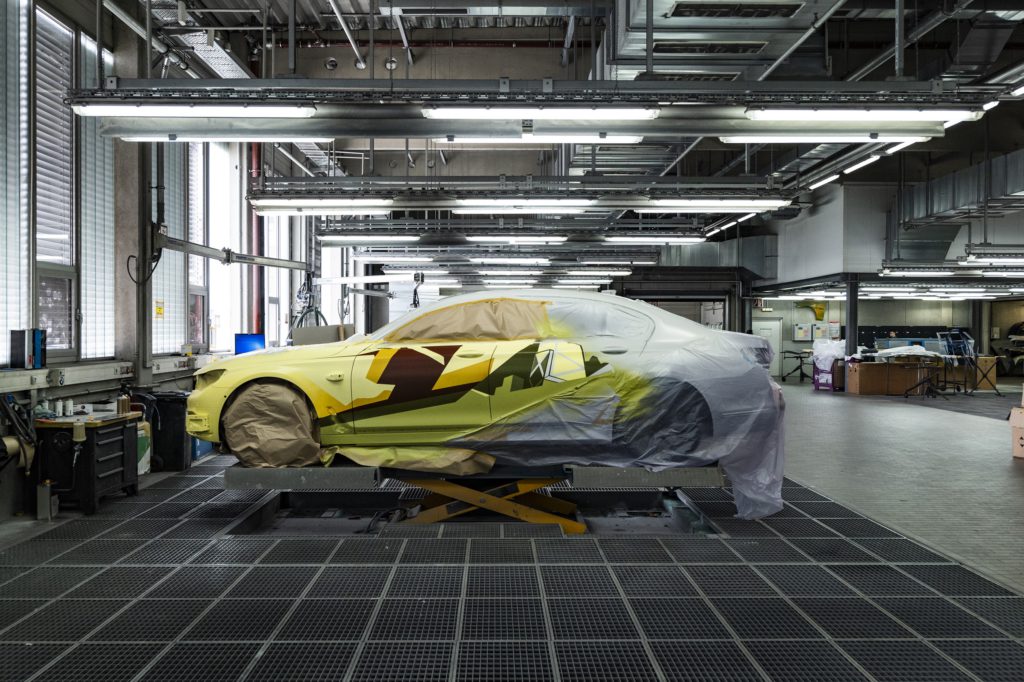BMW looks to cost-saving measures as trade and technology issues bite
21 March 2019

21 March 2019
BMW has warned that its 2019 earnings will fall below last year’s level and has announced a €12 billion cost savings plan to help offset the financial challenges it faces.
The carmaker has said that pre-tax profits are expected to fall by more than 10% this year. This is not helped by issues including trade conflicts in the US, Brexit, and the vast sums of money required for its electric vehicle development.
To counter these projected losses, the German firm is stepping up its savings programme with plans to cut models, reduce development times by around one third and hold its workforce steady this year.
′Our industry is witnessing rapid transformation. In this environment, a sustained high level of profitability is crucial if we are to continue driving change,’ said Nicolas Peter, member of the board of management of BMW AG, Finance. ′Given the numerous additional factors negatively impacting earnings, we began to introduce countermeasures at an early stage and have taken some far-reaching decisions. Discipline and a clear focus on rigorous implementation are essential as we aim to emerge from these challenging times stronger than ever.’
BMW hopes that by taking these measures, it can realise savings of over €12 billion by the end of 2022. Some of that would come from ramping up digital simulations as a way to reduce development times of new vehicle models by as much as a third. ′Among other savings, digital simulations and virtual validation could eliminate the need for some 2,500 expensive prototype vehicles by the year 2024,’ the company said.
BMW already flagged a challenging year ahead earlier this month, saying great efforts will be necessary to push through the costly shift to electric and self-driving cars as markets fall and trade concerns mount.
The company said its automotive profit margin would be in the range of 6% to 8% this year, below an 8% to 10% long-term target. Last year, BMW’s automotive margin was 7.2%. This guidance could fall even lower if conditions worsen.
′The high level of volatility makes it difficult to provide a clear forecast,’ Peter said. ′Depending on how conditions develop, our guidance may be subject to additional risks; in particular, the risk of a no-deal Brexit and ongoing developments in international trade policy.’
Following the UK Parliament’s rejection of Prime Minister Theresa May’s proposed Brexit deal, the country is now looking to extend its deadline for exiting the European Union. BMW is preparing for a no-deal scenario at its Mini plant in Oxford. However, an extension of the deadline will impact the company, which brought forward its annual factory shutdown to April to prevent bottlenecks caused by potential customs delays. Should the EU agree to move the 29 March departure date, Mini will be closed while the UK still enjoys free market access, and could, therefore, counter the problem it was looking to avoid later this year.
The carmaker is also committed to developing autonomous vehicle technology, having recently announced a partnership with Daimler to build a platform and spread costs. BMW chairman Harald KrÜger announced its marketing plans for such technology. ′Our first highly automated vehicle will become available in 2021, and we are already now paving the way for the development of the next generation of ground-breaking technology,’ he said.